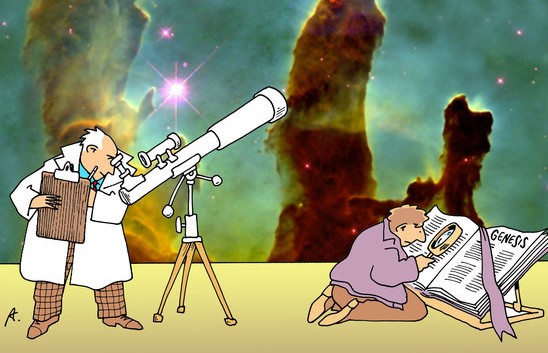
A Renowned Scientist Committed to His Faith
A defining moment in U.S. history is occurring with little fanfare. Francis Collins, who has headed the National Institutes of Health for a dozen years, has announced that he is leaving that post by year’s end.
In a Twitter article, Nell Greenfieldboyce and Scott Neuman describe the Institutes as “the largest funder of basic and clinical biomedical research in the world.” Under Collins’ leadership, I would add, no institution has had a greater impact on American medicine and Americans’ health.
Trained as a geneticist, Collins was previously director of the National Center for Human Genome Research, which was in charge of a massive effort to fully identify humanity’s genetic code. The project was completed in 2003.
To give some idea of the challenge, humans have between 20,000 and 25,000 genes. Each of us has two copies of each gene, one inherited from each parent.
Willingness to Be Upfront
But in my estimation, Collins’ greatest strength lies in his commitment to his faith and his willingness to be upfront about it. I’ve written about him many times in this blog, using his famous 2006 book, The Language of God.
When working with the White House staff for a speech on the completion of the DNA sequencing, Collins endorsed the inclusion of the following paragraph in a presidential speech about the genome project’s conclusion: “Today we are learning the language in which God created life. We are gaining ever more awe for the complexity, the beauty, and the wonder of God’s most divine and sacred gift.”
In his book, Collins writes that it was “awe-inspiring to realize that we have caught a glimpse of our own instruction book, previously known only to God.
An Entirely Rational Choice
“Many will be puzzled by these sentiments,” he wrote, “assuming that a rigorous scientist could not also be a serious believer in a transcendent God. This book aims to dispel that notion, by arguing that belief in God can be an entirely rational choice, and that the principles of faith are, in fact, complementary with the principles of science.”
Faith was not part of Collins’ childhood. But when he was five years old, his parents sent him and a brother to become members of a choir at an Episcopal church. They were told it would be a great way to learn music but they weren’t to take the religious teaching seriously. Collins followed their instructions.
At 14, he writes, “my eyes were opened to the wonderfully exciting and powerful methods of science,” and science became his career path. “By a few months into my college career, I became convinced that while many religious faiths had inspired interesting traditions of art and culture, they had no foundational truth.” He became an agnostic, then an atheist.
Then things started to change. In medical school, he writes, he was “astounded by the elegance of the human DNA code, and the multiple consequences of those rare careless moments of its copying mechanism.”
Very Powerful
When it came to caring for patients in his third year, he began to notice “the spiritual aspect that many of them were going through. …If faith were a psychological crutch,” he concluded, “it must be a very powerful one.”
An elderly patient, a woman of faith, asked him outright what he believed. “I felt my face flush as I stammered out the words ‘I’m not really sure.’” He asked himself the question, “Does a scientist draw conclusions without considering the data? Could there be a more important question in all of human existence than ‘Is there a God?’”
He determined that all of his objections to faith were those of a schoolboy. That launched a lifetime of re-discovery of Christianity and a faith from which he has never looked back.



